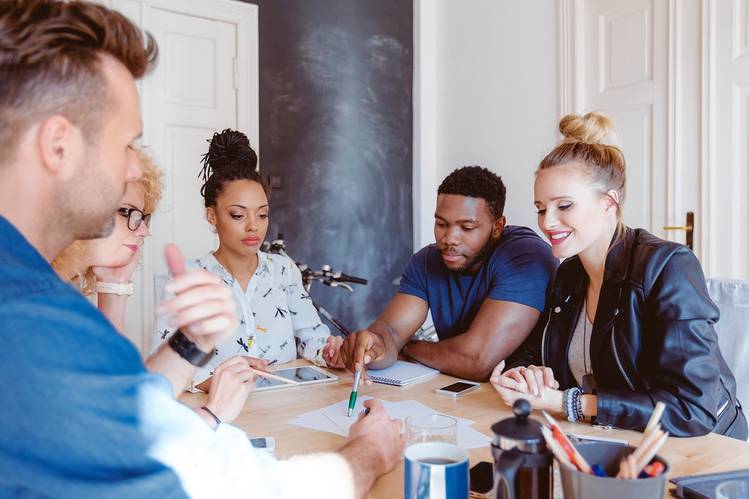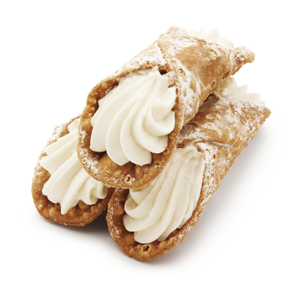When you hear a great idea, how do you know? The idea may sound great, but just because it has good intentions doesn’t mean it will work. At the very least, a great idea should be feasible and harmless to others.
Good Intentions
Not long ago a group of dedicated volunteers in my town got together to raise money for the local rescue squad. Their idea was to print and sell drink cards that offered a free drink at each of 6 local restaurants. The drinks were valued at $36 and the cards were priced at $20, and all the local restaurants agreed to accept them. Our town is a heavy tourist destination, so cards were given as gifts to visitors to encourage them to check-out local establishments.
Lasting Damage
People bought lots of drink cards and loads of money went to the rescue squad. Success, right? Wrong. Visitors who received the gifted drink card and attempted to use it encountered restrictions and ignorance from uninformed seasonal bar staff. So while the money was made in the moment, the damage of dissing tourists is immeasurable. Vacationers not only recount bad experiences to friends and family members, today their comments on social media reach further and linger longer. Ouch.
The drink card debacle is just one small example in the shadow of a far more substantial bad idea that occurred in Flint, Michigan. Town officials saved money in the moment, but gave way to irreversible damage down the line. Hindsight… you know what they say. So what’s the takeaway?
No Repeat
I can’t help but wonder: We all learn from our own mistakes, so why can’t we also learn from the mistakes of others? Sure, big gaffes get the news, but most mistakes only enlighten the bumbler. In today’s connected world, where is the portal to deposit our lessons learned? Facebook and Instagram are filled with accomplishments, carefully selected ‘selfies’, and emotional, envy-inducing posts. Wikipedia offers us our collectively edited facts, and millions of websites push products and self-serving information. Where is the hub for all things that went horribly wrong? All the lessons of war. Of life. A virtual library of bittersweet warnings, filled with evidence of what not to do. Or perhaps a way to tag those bits of learning amidst all that worldly web content.
With today’s technology and our tendency to share, a blunder blog sure sounds like great idea…

